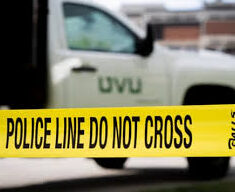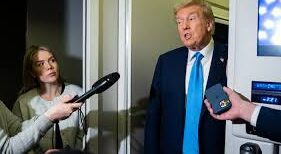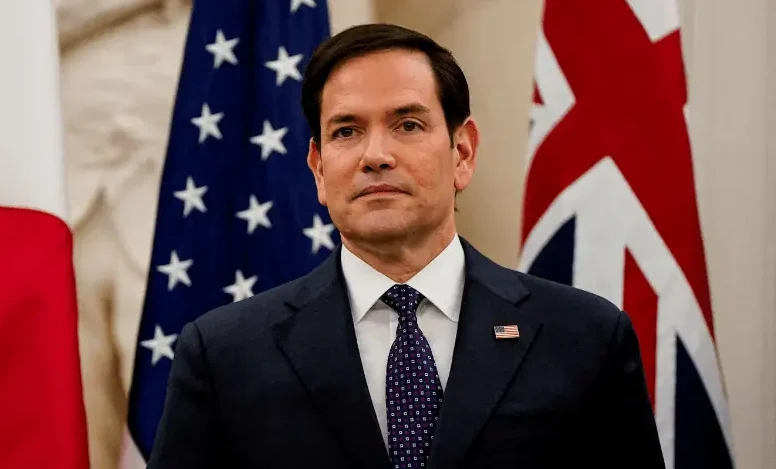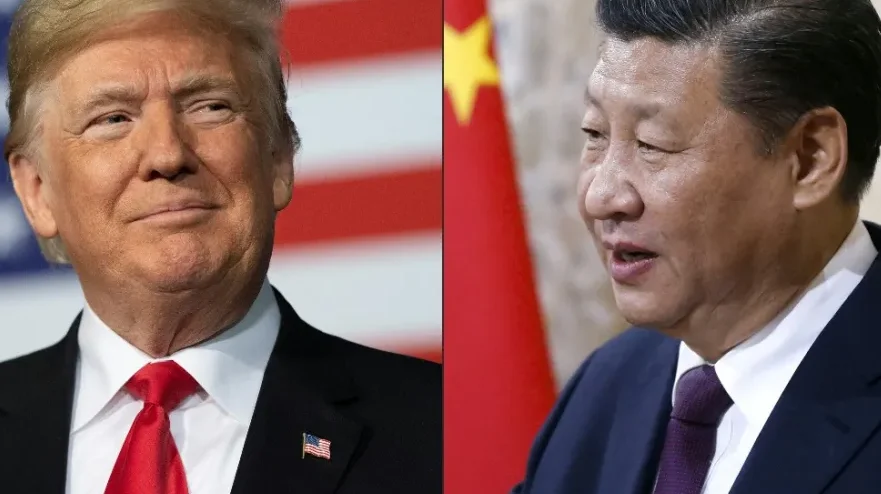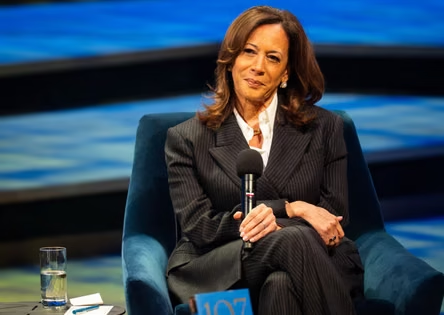A deadly shooting at a Utah university event featuring right-wing activist Charlie Kirk has reignited debate over the state’s gun laws, just weeks after a new measure expanded where firearms can be carried.
House Bill 128, which went into effect in August, allows people with concealed carry permits to openly carry firearms on college campuses. Utah has allowed both open and concealed carry without a permit since 2021, but before HB 128, guns on campus had to remain concealed.
When the law passed, faculty raised concerns about the risks of guns in classrooms and labs storing dangerous chemicals. Now, the timing of the law and the Kirk shooting has put the issue back in national headlines.
Police have not confirmed whether the suspected gunman, 22-year-old Tyler Robinson, legally owned the hunting rifle used in the attack or was allowed to bring it on campus.
Utah already has some of the loosest gun laws in the country. The state does not have red flag laws that let judges temporarily remove firearms from people deemed a threat. It is one of 29 states that allow permit less concealed carry. Instead, Utah relies on a system where people can voluntarily flag themselves in federal background checks if they believe they are at risk.
Lawmakers in Utah have focused more on K-12 schools than universities when it comes to security. Recent laws require panic buttons in classrooms, mandate at least one armed staff member or security officer per school, and encourage teachers to undergo firearm training. These measures are part of a strategy known as “school hardening,” which relies on locked doors, cameras, and armed res ponders to stop shooters.
Supporters of Utah’s gun laws argue that easy access to firearms makes communities safer by ensuring that people can defend themselves against attackers in homes, malls, schools, or public gatherings.
“There’s a mindset here that the Second Amendment is broad and that restrictions like concealed carry permits are unnecessary barriers,” said Utah attorney Johnny Richardson. “Gun control laws tend to punish law-abiding citizens while failing to stop those who don’t follow the law.”
But critics say laws like HB 128 do little to prevent politically motivated violence.
“The deterrent effect of concealed carry only works on rational actors,” said Brandon del Pozo, a professor at Brown University and former New York Police Department officer. “When you’re dealing with political extremism, you’re often not dealing with rational people.”
Del Pozo, who also served as police chief in Burlington, Vermont, said states like Utah often fail to plan for how widespread gun carrying affects public safety at rallies, marathons, or other large gatherings. “You have to decide when and where to screen people for weapons,” he said. “For small police departments, that can be nearly impossible.”
At a press conference after the shooting, Utah Valley campus police chief Jeff Long said six officers were assigned to the Kirk event, which drew about 3,000 people. He noted that police worked with Kirk’s private security team.
But students told the Associated Press that there were no metal detectors and no bag checks at the venue.


